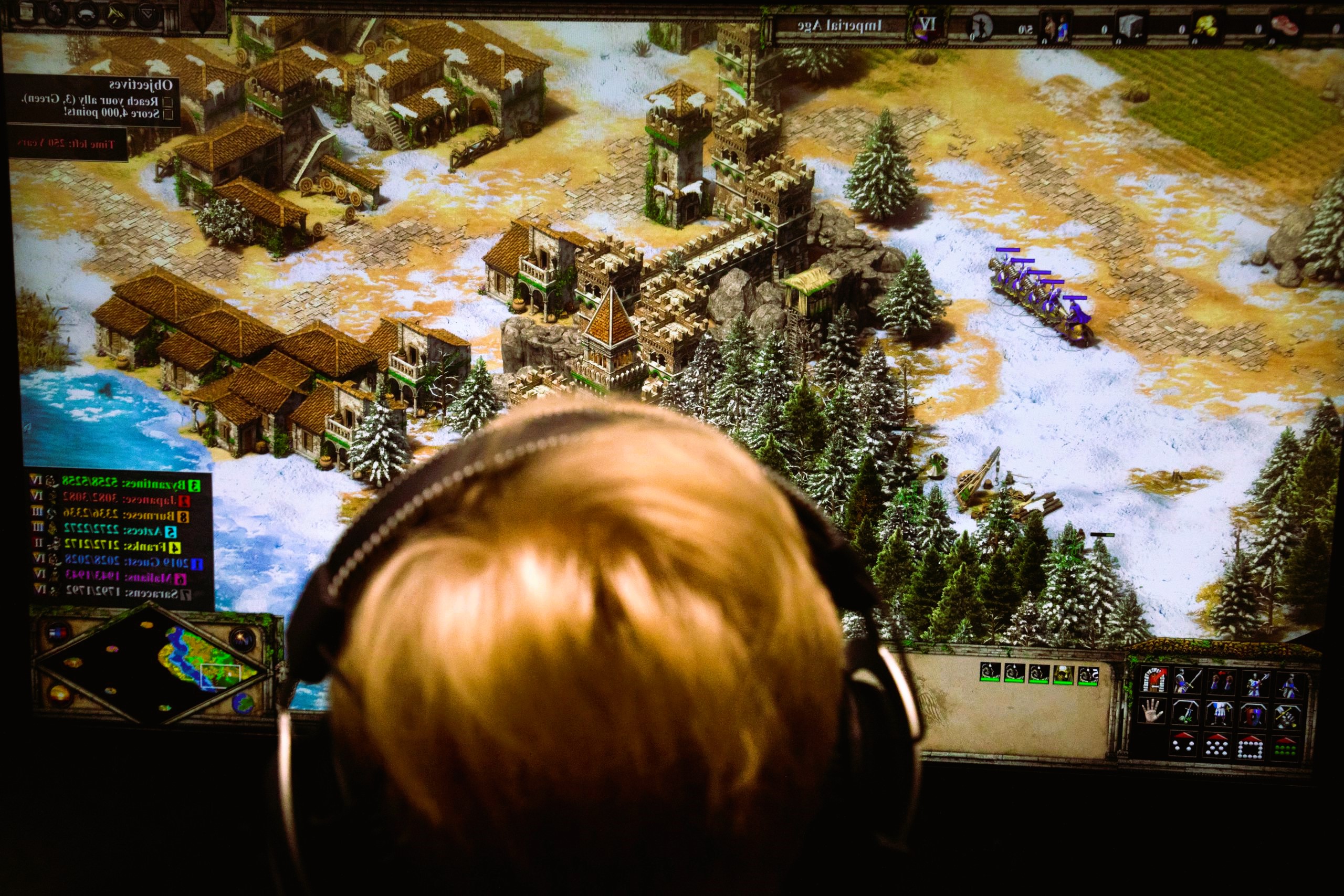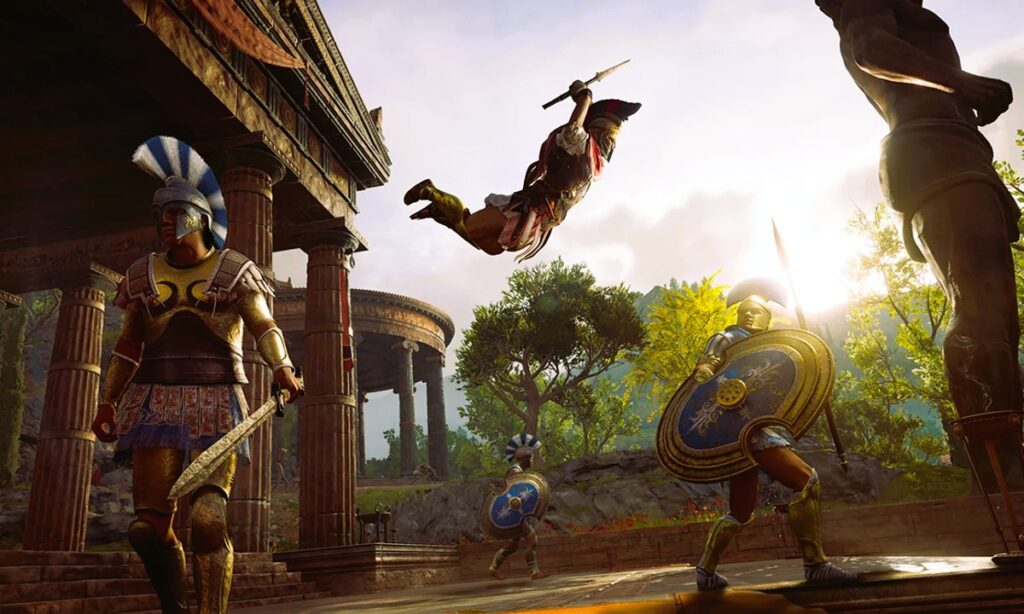
Traveling is not only about visiting new places but also about experiencing different cultures, traditions, and histories. While traditional methods such as reading books or visiting museums are valuable, video games offer a unique and interactive way for travelers to immerse themselves in the cultures and histories of the destinations they visit. In this article, we’ll explore how video games can be powerful tools for learning about new cultures and history while traveling.
1. Authentic Cultural Representation:
One of the ways video games help travelers learn about new cultures is through authentic cultural representation. Many games strive to accurately depict the cultures and traditions of the regions they are set in, from the architecture and landscapes to the language and customs. For example, games like “Assassin’s Creed” series are known for their attention to detail in recreating historical settings such as Renaissance Italy, Ancient Greece, and Feudal Japan. By exploring these virtual worlds, travelers can gain insight into the daily lives, beliefs, and practices of people from different cultures and time periods.
2. Interactive Learning Experience:
Video games provide an interactive learning experience that allows travelers to engage with and explore different cultures and histories at their own pace. Unlike passive forms of media such as books or movies, video games allow players to actively participate in the virtual world, making decisions, solving puzzles, and interacting with characters. This hands-on approach to learning can be especially effective for travelers who prefer experiential learning and enjoy exploring new environments in a dynamic and interactive way.
3. Historical Accuracy and Context:
While some video games take creative liberties with historical events and settings for the sake of gameplay, many strive for historical accuracy and provide valuable context for travelers. Games like “Civilization” series or “Age of Empires” series offer players the opportunity to experience key moments in history, from building ancient civilizations to leading armies into battle. By playing these games, travelers can gain a deeper understanding of historical events, figures, and civilizations, helping them appreciate the cultural significance of the destinations they visit.
4. Cultural Exploration and Discovery:

Video games encourage cultural exploration and discovery by allowing players to explore virtual worlds filled with landmarks, monuments, and historical sites. Games like “The Legend of Zelda” series or “Uncharted” series often feature sprawling landscapes and hidden treasures inspired by real-world locations, encouraging players to explore and uncover the secrets of these virtual worlds. By exploring these virtual environments, travelers can discover new cultures, traditions, and histories while also honing their problem-solving and critical thinking skills. Read about gaming technologies while traveling in our article.
5. Empathy and Perspective-taking:
Video games have the power to foster empathy and perspective-taking by allowing players to inhabit the roles of characters from different cultures and backgrounds. Games like “That Dragon, Cancer” or “This War of Mine” provide players with an opportunity to experience life from the perspective of individuals facing challenging circumstances, fostering empathy and understanding for their experiences. By stepping into the shoes of these characters, travelers can gain a deeper appreciation for the diversity of human experiences and the challenges faced by people from different cultures and backgrounds.
Conclusion:
In conclusion, video games offer travelers a unique and interactive way to learn about new cultures and history while traveling. Through authentic cultural representation, interactive learning experiences, historical accuracy, cultural exploration, and empathy-building, video games provide travelers with valuable insights into the cultures, traditions, and histories of the destinations they visit. By incorporating video games into their travel experiences, travelers can enhance their understanding and appreciation of the world around them while also enjoying immersive and engaging gameplay.
For further information on gaming culture and standardization, visit Wikipedia.
